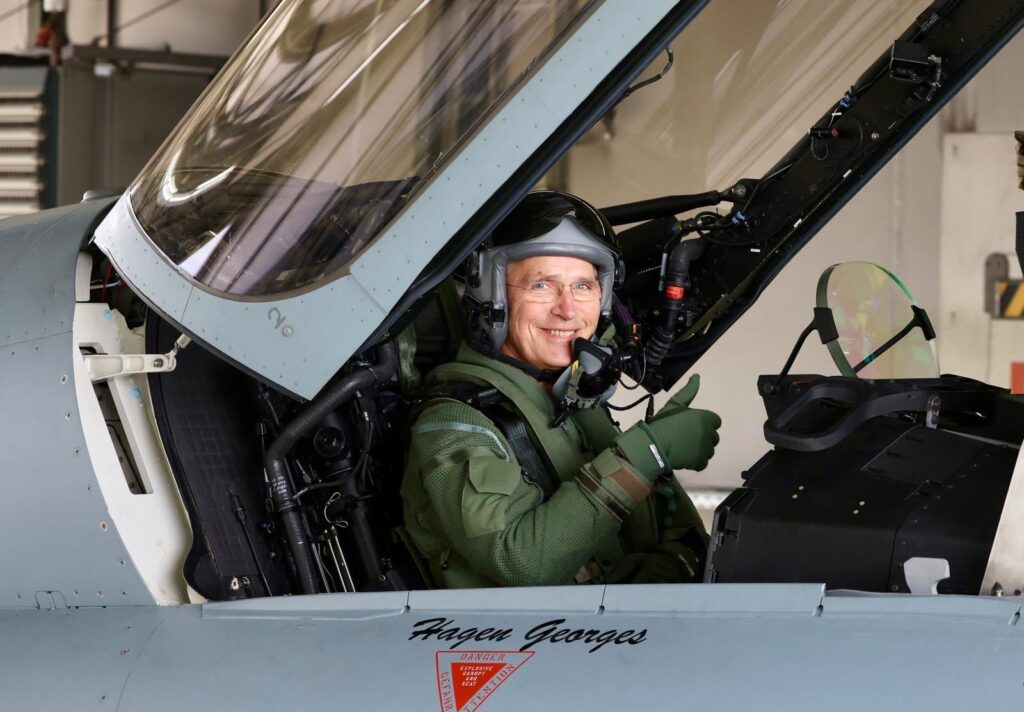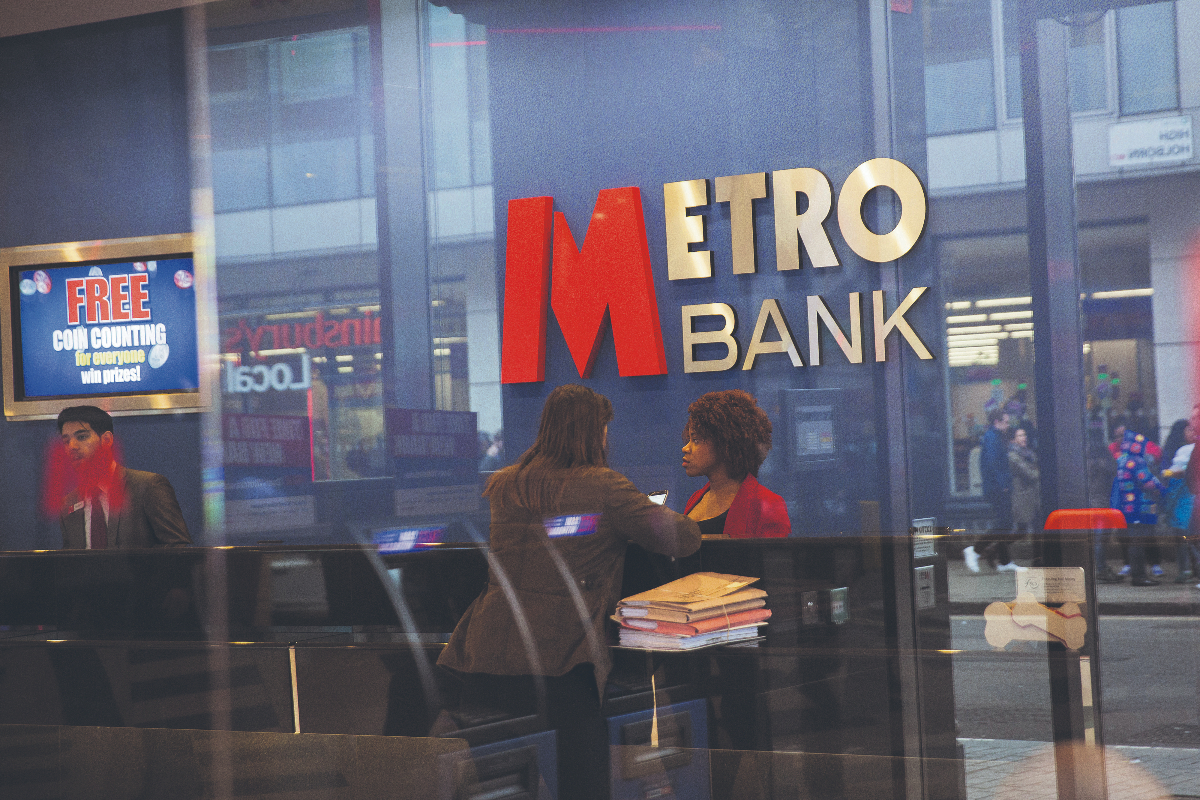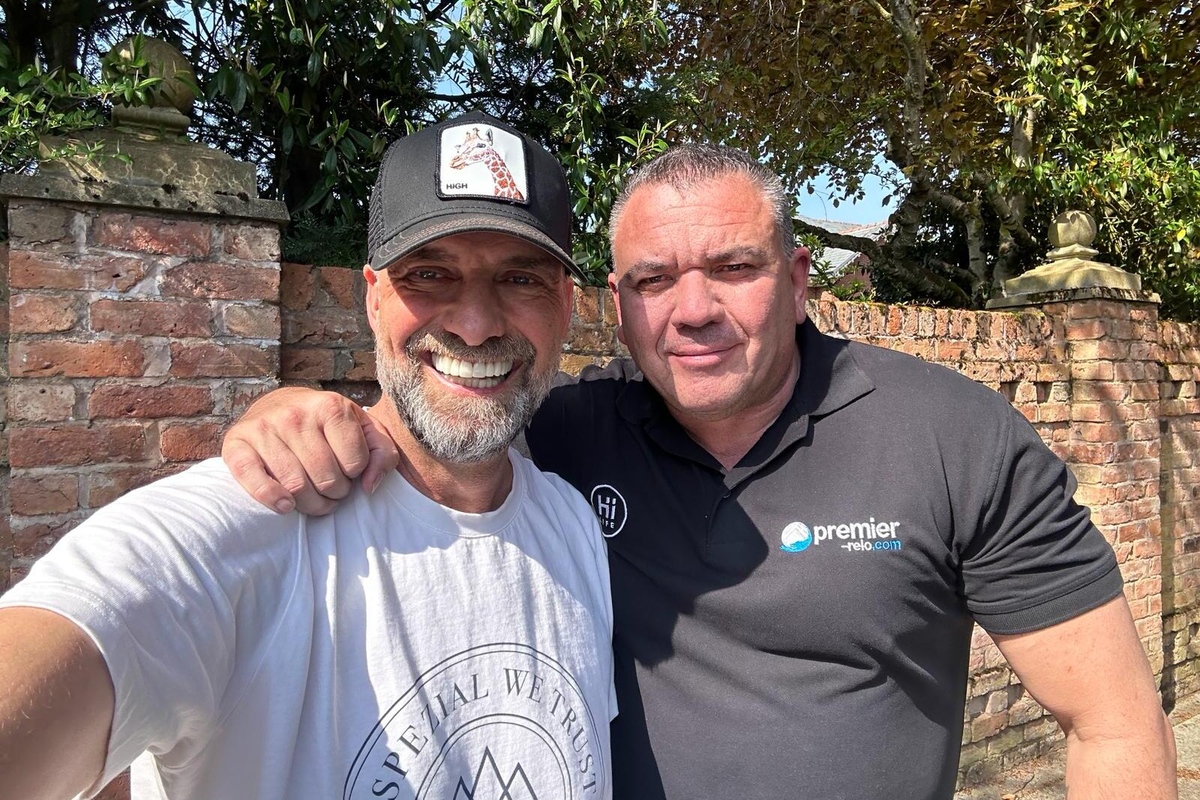“No Minsk-3”: Stoltenberg rejects further Ukraine land-for-peace deals with Russia
Minsk-1 and Minsk-2 agreements, signed in 2014 and 2015, failed to stop Russian aggression in Ukraine.


There are no signs that Vladimir Putin is ready to engage in peace negotiations, said NATO Secretary General Jens Stoltenberg. He highlighted Russia’s pattern of making land-for-peace deals with Ukraine, failing to adhere to them, and then attacking again, making another such agreement unnecessary and potentially harmful.
"Putin shows no readiness for peace talks. We cannot have Minsk-3," said NATO chief Stoltenberg.
Minsk-1 and Minsk-2 (2014-15) were land-for-peace deals involving Germany and France, aimed to halt Russia's first Ukraine incursion, which saw Crimea's annexation and war in Donbas. pic.twitter.com/Cht1V9qXk0
— Euromaidan Press (@EuromaidanPress) July 5, 2024
“This war didn’t start in 2022. It started in 2014, when they illegally first annexed Crimea, then some months later went into eastern Donbas, agreed the ceasefire, Minsk-1, violated that, moved the frontline even further west, agreed Minsk-2, waited for seven years and then launched the full-scale attack and took even more. We cannot have Minsk-3,” he said at the press conference.
The Minsk agreements, brokered by Germany and France in 2014 and 2015, failed to stop Russian aggression in Ukraine. Now, as reports emerge of plans by Donald Trump’s advisers to push Ukraine into territorial concessions and NATO exclusion for peace, Putin expresses interest in such proposals.
However, Putin’s recent demands for ending the war—including recognition of annexed territories, “de-Nazification” of Ukraine’s government, and limits on Ukraine’s military—amount to surrender terms that Kyiv firmly rejects.
Read more:
- Stoltenberg: Ukraine aid “most urgent” at upcoming NATO summit
- Ukraine rebukes Orban’s Moscow visit: “No agreements without us”
- Show us your war-ending plan, Zelenskyy tells Trump
- Trump considers NATO deal with Putin, potentially to block Ukraine’s NATO accession
You could close this page. Or you could join our community and help us produce more materials like this.
We keep our reporting open and accessible to everyone because we believe in the power of free information. This is why our small, cost-effective team depends on the support of readers like you to bring deliver timely news, quality analysis, and on-the-ground reports about Russia's war against Ukraine and Ukraine's struggle to build a democratic society.
A little bit goes a long way: for as little as the cost of one cup of coffee a month, you can help build bridges between Ukraine and the rest of the world, plus become a co-creator and vote for topics we should cover next. Become a patron or see other ways to support.



